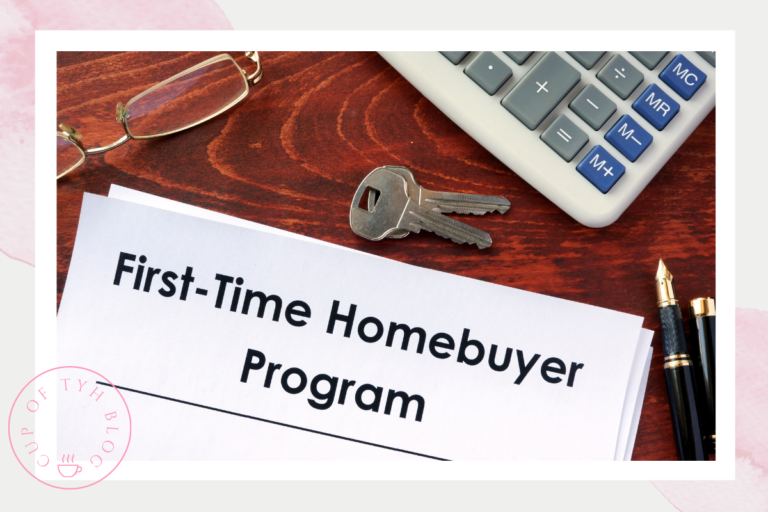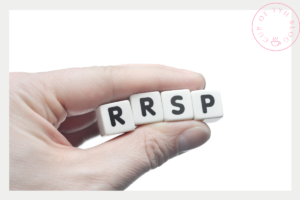On April 7, 2022, Canada’s Deputy Prime Minister and Finance Minister, Chrystia Freeland, delivered the 2022 Federal budget in the House of Commons. The 2022 budget focused on 3 issues: (1) people; (2) a green transition and innovation in order to stimulate the economy and; (3) to make life more affordable for Canadians.
As part of the government’s plan to make life more affordable for Canadians, plans to make housing more affordable for young people and first-time home buyers in Canada were among the key focus of Budget 2022.
“Making life more affordable for Canadians starts with addressing housing affordability. All Canadians deserve a safe place to live, raise their families, and build their future. Budget 2022 will put home ownership in reach for more Canadians, protect renters and buyers, and expand Indigenous housing across the country.”
The Rt. Hon. Justin Trudeau, Prime Minister of Canada
Here’s 6 of the significant proposed steps in line with the government’s intention to build more homes and make housing more affordable across the country:
Tax-free First Home Savings Account
Budget 2022 proposes to introduce the Tax-Free First Home Savings Account (FHSA), a new type of registered account for home buyers to grow their down payment. This account would give prospective first-time home buyers the ability to save up to $40,000, but there is a limit of $8,000 a year that can be contributed to the account. Like an RRSP, contributions would be tax-deductible, and withdrawals to purchase a first home—including investment income—would be non-taxable, like a TFSA. Tax-free in, tax-free out. However, unlike with TFSA and RRSP, if account holders miss a year of contributions, they can’t carry forward the contribution room.
While Home Buyer’s Plan, which allows the account holder a tax-free withdrawal of up to $35,000 from RRSP and payback in 15 years, funds withdrawn from FHSA, don’t need to be paid back. However, once a withdrawal to purchase a home was made, the FHSA needs to be closed within a year from the first withdrawal. Canadians will be able to open FHSA by 2023, this account can stay open for 15 years from first opening the account; if the account holder did not buy a home, they can transfer the funds into an RRSP or a registered retirement income fund (RRIF).
Doubling the First-Time Home Buyers’ Tax Credit
To help Canadians offset the closing costs that come with buying a home, the Federal Government have plans to double the First-Time Home Buyers’ Tax Credit. Introduced in the 2009 Federal Budget, the non-refundable tax credit is based on an amount of $5000 for first-time homebuyers who acquire a qualifying home. This rebate is equivalent to $750. According to the 2022 budget, the First-Time Home Buyers’ Tax Credit is being doubled from $5,000 to $10,000. This increase will provide up to $1,500 back at tax and will apply to homes purchased on or after January 1, 2022
Information about claiming and eligibility for First-Time Home Buyers’ Tax Credit can be found online.

Extended and More Flexible First-Time Home Buyer Incentive
In September 2019, First-Time Home Buyer Incentive was introduced to make buying a home more affordable and accessible for Canadians by financing a portion of their home through a form of shared equity mortgage with the Government of Canada, administered through the Canada Mortgage and Housing Corporation (CMHC).
To allow more Canadians to access this program longer, Budget 2022 announced an extension of the First-Time Home Buyer Incentive to March 31, 2025, and that the government is exploring options to make the program more flexible and responsive to the needs of first-time home buyers, including single-led households.
To learn more about the first-time homebuyer incentive visit CMHC’s website.
Ban on Foreign Investment in Canadian Housing
To make sure that housing is owned by Canadians instead of foreign investors, Budget 2022 announces the government’s intention to propose restrictions that would prohibit foreign commercial enterprises and people who are not Canadian citizens or permanent residents from acquiring non-recreational, residential property in Canada including condos, apartments, and single residential units for a period of two years. This rule will ensure houses are being bought to be used as homes, rather than as investments alone.
Making Property Flippers Pay Their Fair Share
Property flipping—buying a house and selling it for much more than what was paid for it just a short time prior—can unfairly lead to higher housing prices, and some people who engage in property flipping may be improperly reporting their profits to pay less tax.
To ensure that profits from flipping properties are taxed fairly, the budget proposes new rules to target people who are “flipping” houses. In January 2023, anybody selling a property they have owned for less than 12 months would be considered to be “flipping” it and will be subjected to full tax on their profits as business income. Exemptions would apply for Canadians who sell their home due to certain life circumstances, such as a death, disability, the birth of a child, a new job, or a divorce.
Building more Homes – New Housing Accelerator Fund
To make housing more accessible and affordable, the Government of Canada targets of creating 100,000 net new housing units over five years, Budget 2022 proposes to provide $4 billion over five years, starting in 2022-23, to launch a new Housing Accelerator Fund that is flexible to the needs and realities of cities and communities, while providing them support such as an annual per-door incentive or up-front funding for investments in municipal housing planning and delivery processes that will speed up housing development.
Source:
Making House more Affordable, accessed April 8, 2022










